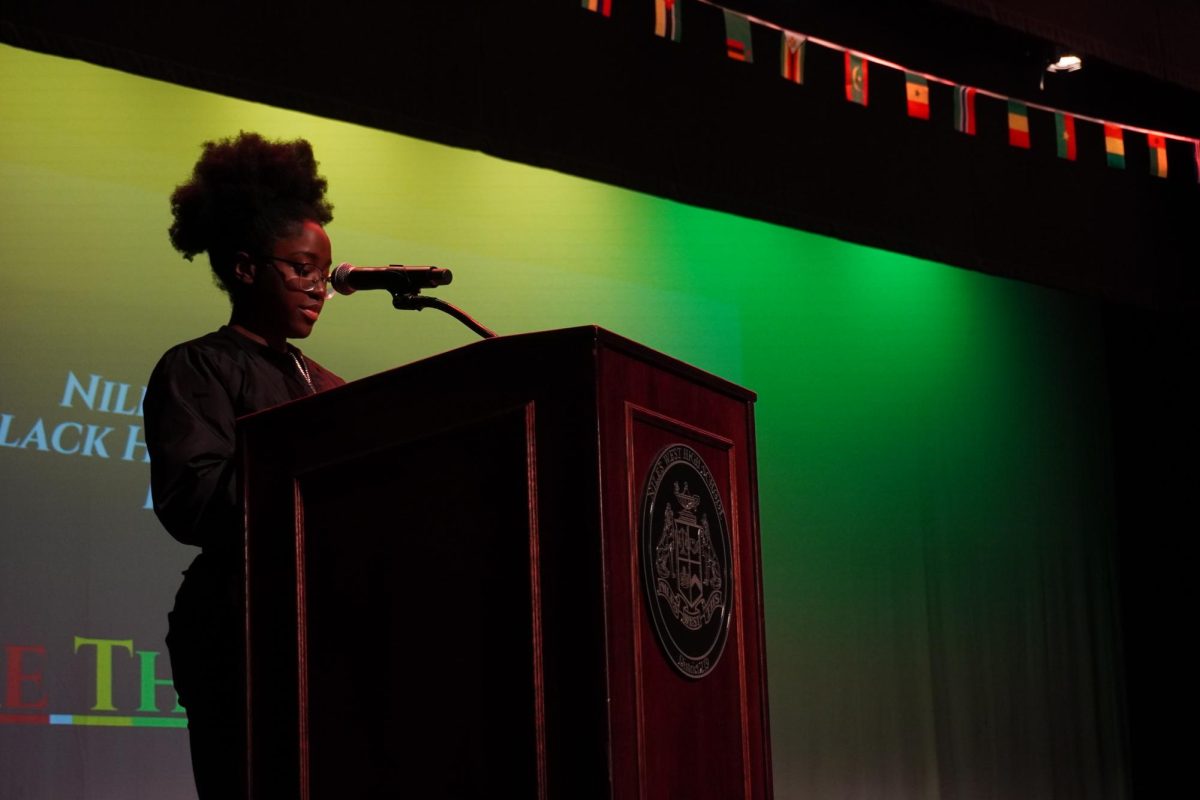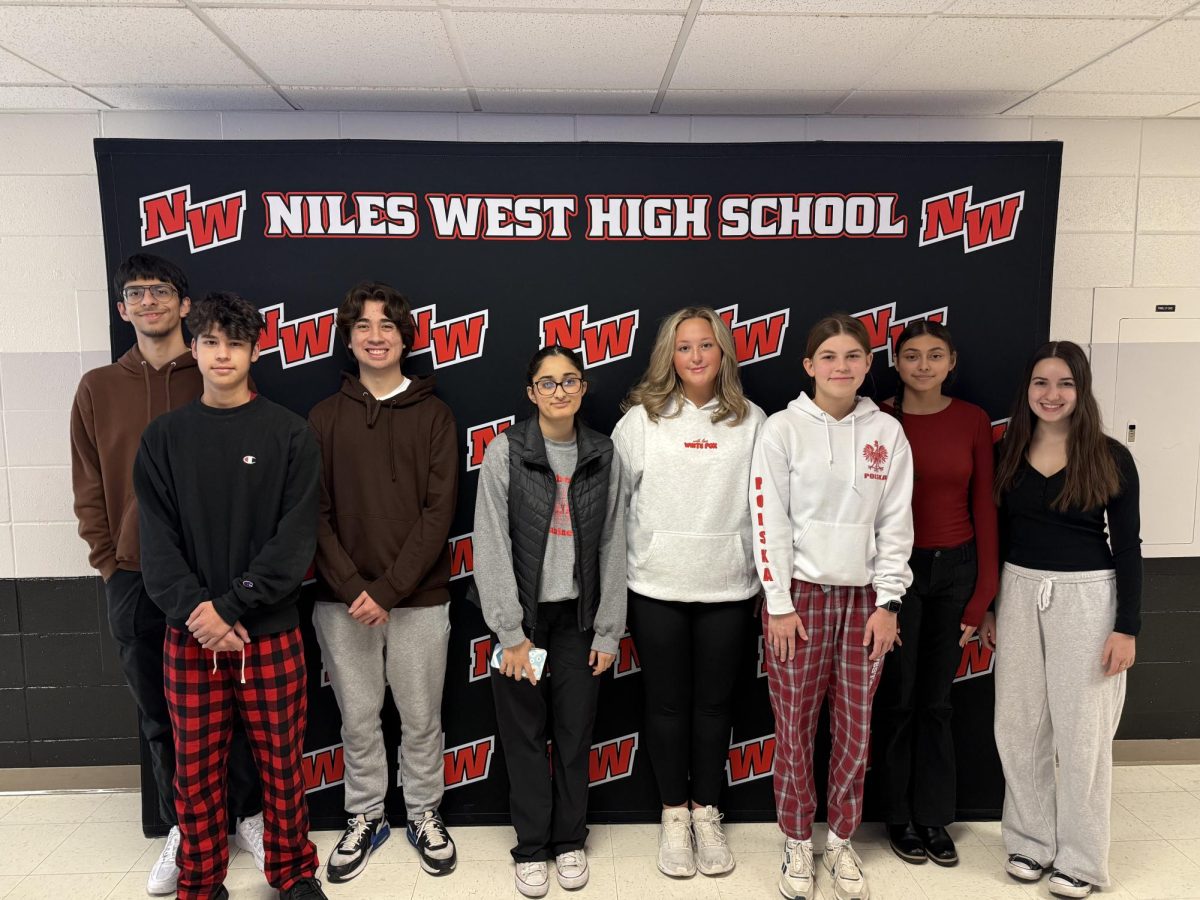Editor’s Note: This is the ninth in a series of ten stories celebrating International Week.
There are certain traditions that are passed down from generation to generation in a family, and values closely tied to the family’s culture. Just how Latin America’s several countries have their own lingo (“corn” can be translated as “choclo“, “maiz“, “elote“, etc.), countries have common values shared by their neighboring countries, and their own unique lessons and fables. Junior Maria Quizhpi has been influenced by her Ecuadorian culture. Her faith and attitude are both somehow related to her family’s culture.
Quizhpi and her family visit Ecuador as frequent as possible, going at least every other year to her parents’ villages and reuniting with her distant relatives there. A big part of their constant trips is Quizhpi’s father’s company. His import/export company, Quizhpi Express, has several locations in the U.S. but most are in Ecuadorian cities. Naturally, Mr. Quizhpi travels more often than his daughters, son, and wife, but takes them with as much as possible to keep their culture alive.
It’s on those trips to Ecuador that Quizhpi saw the poor villages her parents grew up in and that her family still lived in. She saw the reasons for her parents’ immigration to the U.S. but she also saw the beauty of the country. Between the the weather, the people, and the land, Quizphi fell in love and let the culture teach her some lessons.
“My vacations over there don’t feel like vacations, they’re like church retreats. When you go there, you have a whole different mindset. The people there–especially in the villages and mountainous areas, where there’s more poverty, since it’s a third world country–they’re so much more humble and much more happy with their simple lives. They don’t need materialistic things, they don’t complain about what food they’re having because they’re just glad they even have food on the table. And my family teaches that a lot too because most my family over there are poor. They don’t have really great jobs and they pretty much have to hustle all the time.” Quizphi says.
The good news is that the economic status of Ecuador has been growing, with extreme poverty shrinking from 16.9% to 7.7% from 2006 in 2014.
Just how Quizhpi’s appreciation for her privileged life stems from Ecuador, her appreciation for nature also stems from Ecuador. Her trips there aren’t exclusively for family, but also to have some fun. The Quizhpi clan has gone to Baños de Agua Santa, or just Baños, a popular tourist attraction in the mountains of Ecuador. She’s swam in Amazonian waterfalls, hiked forests, canopied, ziplined and all that jazz. A little bit jealous? Yeah, me too. The non-industrialized country has acres of forests and is much appreciated by Quizhpi.
“My dad, he’s all about nature. The reason why I have a passion for biology and enviromental science is because he always told me that you have to respect nature. If you don’t respect nature how are you going to respect human being? Nature is your home, the earth is your home. That’s what they were taught in Ecuador because it’s not a very industrialized country.”
But again, those lessons of not taking things for granted and always respecting what you’re given were drilled into Quizhpi since she was young and are a huge part of her character.
“I knew I grew up differently from my peers in middle school because they were just raised privileged. Even though I was also raised privileged, I was always reminded that there are so many other people out there who have nothing. They don’t have food on the table, they’re lucky if they’re eating that night, or they don’t even go to school because they’re too busy working for a family of 15. Their childhoods are ripped away from them. My parents keep that alive here because that was their own personal struggle. If we complained about a cultural food like Cuy (guina pig), some people are grossed out by that, but my parents emphasize that it’s our culture, don’t judge it until you try it. I tried it. I still don’t like it.” Quizhpi says.







